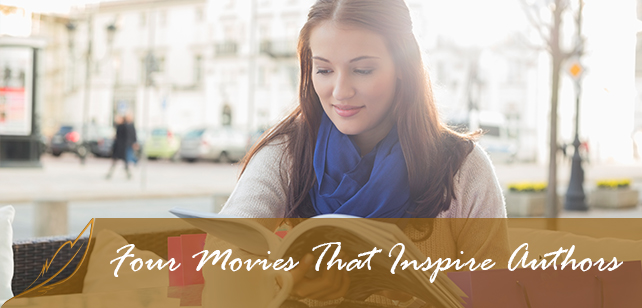
Writing a children’s book is not easy. There are some things you have to consider since your readers are young and quite sensitive. But this has not stopped many of the world’s best children’s book writers from writing what they want. So, this should not stop you, too. To help you start right, here are four characteristics of good children’s books that might prove to be useful for you.
- Children’s books have a simple idea and theme.

Children’s books do not have complicated plots and sub-plots (most of them). Also, they do not have unrealistic characters or situations. Everything that happens in a children’s book – unless it’s a fantasy or fairy tale – happens in real life.
- Children’s books have characters that are real.

The characters in children’s books seem real, even in fairy tales. These characters, like the young readers, make mistakes and learn. The characters experience physical and emotional growth as the story advances.
- Children’s books contain moral lessons.

The most important thing about children’s books is that they leave moral lessons for its readers. Every story has a lesson to teach not only the children but also the adults who read to them as well. These lessons are simple ones that are easy to understand. Examples are “do not lie”, “do not cheat”, or do not fight with your siblings”. Although children’s books have an “a-ha!” element to them, their stories are not predictable. The stories can get the young readers thinking and analyzing the situation.
- Children’s books come with big or readable text and captivating illustrations.

Children are visual readers, especially the younger ones. They depend a lot on images even if they can already read and understand the story. Therefore, a good children’s book has illustrations that can easily captivate or catch the attention of the children. The illustrations offer an element of excitement, so the children will keep reading, eager to find out what will happen next (or what the next illustrations will look like). Besides, it is always more interesting if the words you read have a visual representation. Also, the text of children’s books should be big enough, so it will be easy for them to read.

 One of the most common problems of authors is experiencing writer’s block. This is the time when no matter how hard you concentrate and think, nothing comes out of your head. No ideas, no visions, and no stories. Writer’s block does not happen every day, but when it does, it can be extra irritating, time consuming, and frustrating (especially if you’re beating a deadline!). But, fret not, because there are simple tips that you can try if you want to overcome writer’s block.
One of the most common problems of authors is experiencing writer’s block. This is the time when no matter how hard you concentrate and think, nothing comes out of your head. No ideas, no visions, and no stories. Writer’s block does not happen every day, but when it does, it can be extra irritating, time consuming, and frustrating (especially if you’re beating a deadline!). But, fret not, because there are simple tips that you can try if you want to overcome writer’s block.



